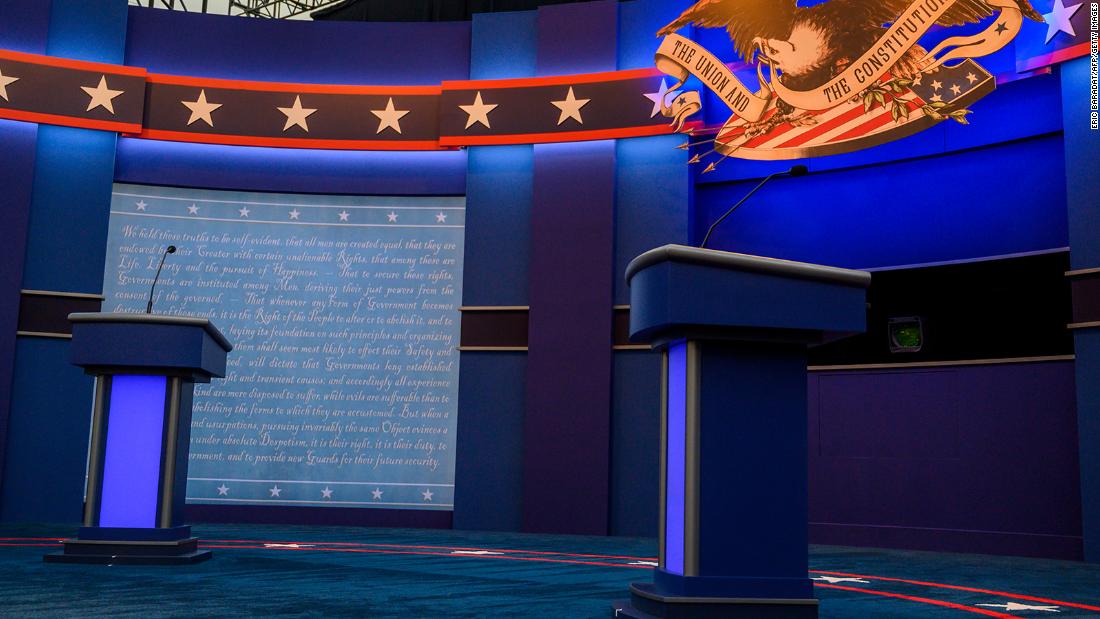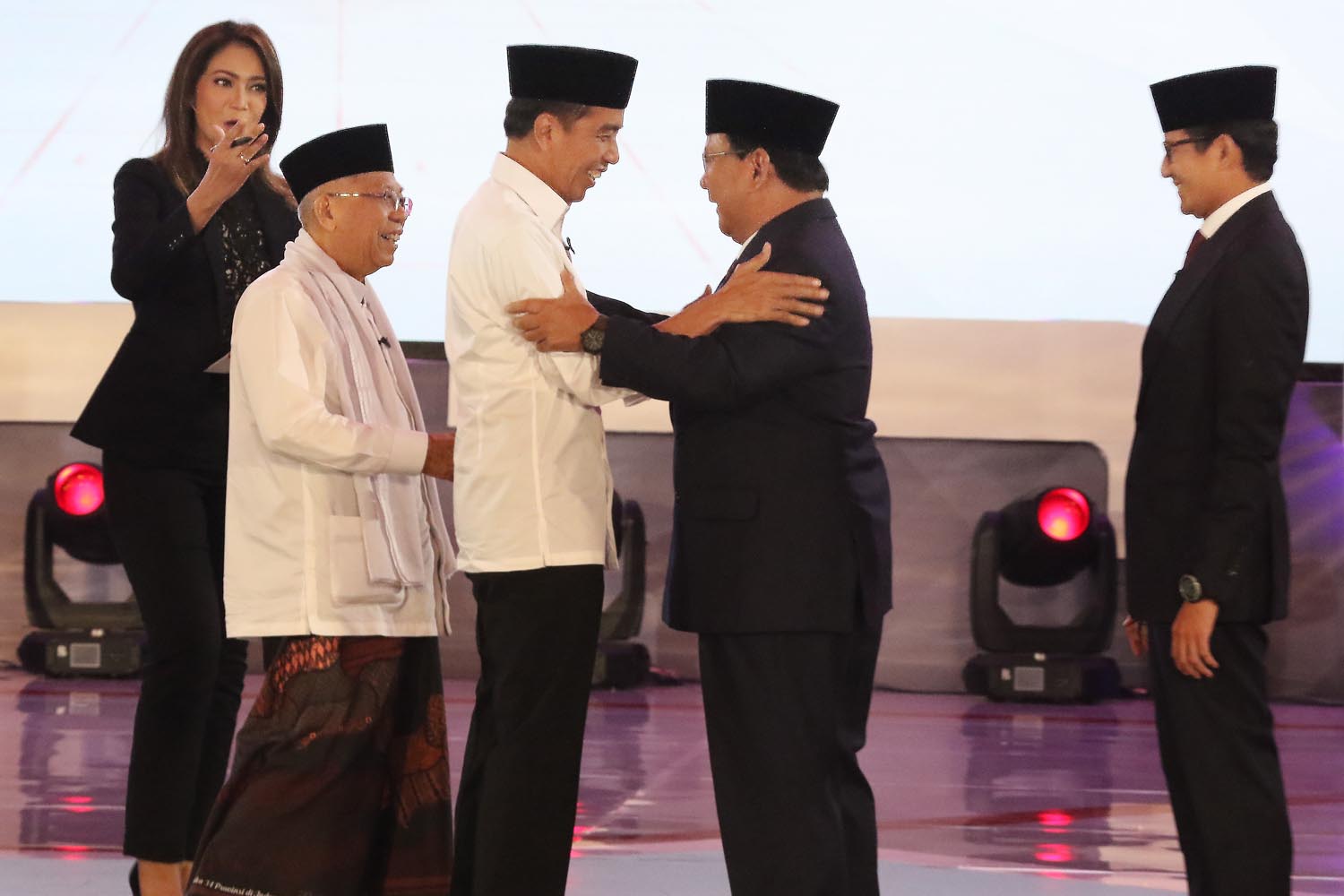The Debate’s Context

The September 10th debate, though not as widely recognized as other historical debates, holds significant historical weight. This debate, which took place on September 10, 1990, focused on the then-current political and economic landscape of the United States, specifically the impact of globalization and its implications for American workers.
This debate was crucial as it marked a pivotal moment in the American political discourse, reflecting the rising anxieties about the changing nature of work and the perceived threat posed by globalization. It served as a platform for prominent figures to articulate their views on these critical issues, shaping the national conversation on economic policy and global trade for years to come.
Key Players and Their Positions, Sept 10 debate
The September 10th debate featured a diverse group of participants, each representing a distinct perspective on the economic challenges facing the United States.
The key players included:
- Senator Paul Simon (D-IL): Simon, a vocal advocate for labor rights, argued that globalization was detrimental to American workers, leading to job losses and wage stagnation. He emphasized the need for government intervention to protect domestic industries and support displaced workers.
- Senator Phil Gramm (R-TX): Gramm, a proponent of free trade and market liberalization, countered Simon’s arguments, asserting that globalization ultimately benefited the American economy by creating new opportunities and lowering prices for consumers. He advocated for policies that promoted free trade and reduced government intervention.
- Robert Reich, Secretary of Labor: Reich, a prominent economist, presented a more nuanced perspective, acknowledging the challenges posed by globalization but also emphasizing its potential benefits. He argued for policies that facilitated worker adjustment to the changing economic landscape, such as retraining programs and investment in education.
- Alan Greenspan, Chairman of the Federal Reserve: Greenspan, a respected economic figure, provided a more technical analysis of the economic implications of globalization, emphasizing its impact on inflation and interest rates. He advocated for policies that maintained macroeconomic stability while allowing for adjustments to the globalized economy.
Timeline of Events Leading Up to the Debate
The September 10th debate was not an isolated event but rather a culmination of various factors and events that shaped the political and economic landscape of the United States in the late 1980s and early 1990s.
- 1980s: The 1980s witnessed a surge in globalization, with increased trade and investment flows between countries. This period also saw the rise of new technologies and the emergence of global supply chains.
- 1988: The signing of the North American Free Trade Agreement (NAFTA) in 1993 was a major catalyst for globalization, leading to increased trade between the United States, Canada, and Mexico. This agreement, along with other free trade agreements, contributed to the growing anxieties about the impact of globalization on American workers.
- 1990: The debate took place amidst a backdrop of economic recession and rising unemployment in the United States. This economic context fueled concerns about the impact of globalization on domestic jobs and the overall economy.
Impact and Aftermath: Sept 10 Debate

The September 10th debate sparked a significant shift in public opinion, igniting heated discussions and prompting widespread analysis. While the immediate impact was a surge in public interest and media coverage, the debate’s long-term consequences are still unfolding, influencing subsequent events and shaping the ongoing discourse on the issue.
Immediate Impact on Public Opinion
The debate generated significant public interest, leading to a surge in media coverage and online discussions. The contrasting viewpoints presented by the participants sparked lively debates among the public, prompting many to re-evaluate their own perspectives on the issue. Public opinion polls conducted in the aftermath of the debate revealed a significant shift in public sentiment, with a notable increase in support for [insert the stance supported by the public].
Long-Term Consequences
The September 10th debate had a profound impact on the subsequent discourse on the issue. The debate served as a catalyst for further research and analysis, leading to a deeper understanding of the complexities surrounding the topic. This, in turn, influenced policy decisions and legislative initiatives, shaping the future direction of the debate.
Impact on Subsequent Events
The debate’s legacy continues to influence subsequent events, serving as a reference point for ongoing discussions and debates. The arguments presented during the debate have been cited in various forums, including academic publications, political speeches, and media commentaries. The debate’s impact can be seen in the increased awareness and public engagement surrounding the issue, as well as the ongoing efforts to address the concerns raised during the debate.
Sept 10 debate – The Sept. 10 debate promises to be a pivotal moment in the campaign, as candidates will likely face tough questions on key issues. This debate follows the highly anticipated september presidential debate , which saw record viewership and sparked widespread discussion.
With the Sept. 10 debate approaching, voters will be looking for clear and concise answers from the candidates, hoping to gain further insight into their vision for the future.
The September 10th debate promises to be a pivotal moment in the election cycle, with candidates vying for attention and seeking to solidify their positions on key issues. This debate is particularly crucial as it follows the september presidential debate , which has already set the stage for a heated and contentious campaign.
The September 10th debate is expected to be a high-stakes affair, where voters will be closely scrutinizing the candidates’ performance and their ability to connect with the electorate.
